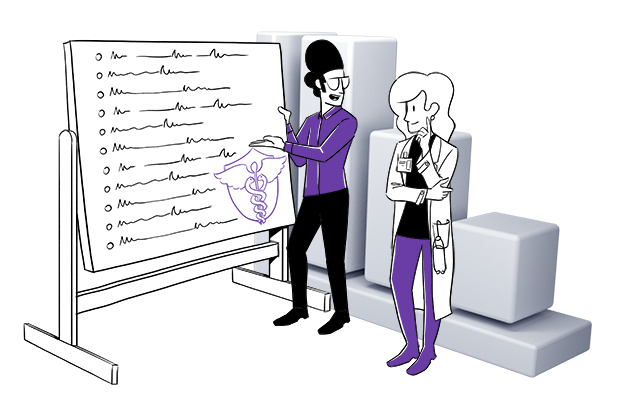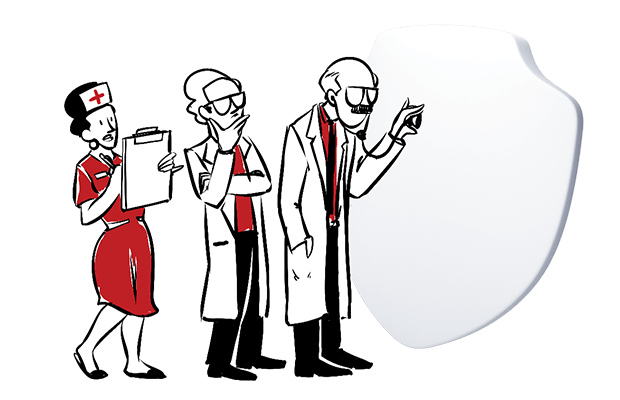A strictly necessary cookie is a type of cookie used by a website to function correctly and without which the site would not work. This type of cookie does not collect personally identifiable information (PII) about users and does not track their browsing habits.
They are essential to accessing the website’s features such as signing in, adding items to a cart, or e-billing. Strictly necessary cookies are first-party session cookies, but not all first-party cookies are strictly necessary cookies. They allow users to navigate between pages without losing previous actions from the same session.
Strictly necessary cookies are the only cookies that cookie laws exempt from user consent. Since these cookies are essential for website functionality, website owners do not have to get consent from the user to place strictly necessary cookies on their devices. However, GDPR and the ePrivacy Directive require websites to inform users of the purpose of the necessary cookies on the site.
You may also like:
- First-party vs third-party cookies: why first-party is the way to go
- Data flow in an analytics platform: How to set up your data collection and analysis process
- Collect data in a privacy-friendly way | Piwik PRO help center
You can check if the cookies used on your website and your consent management mechanism meet the requirements of GDPR with Free Online Cookie Scanner | Piwik PRO Analytics Suite









